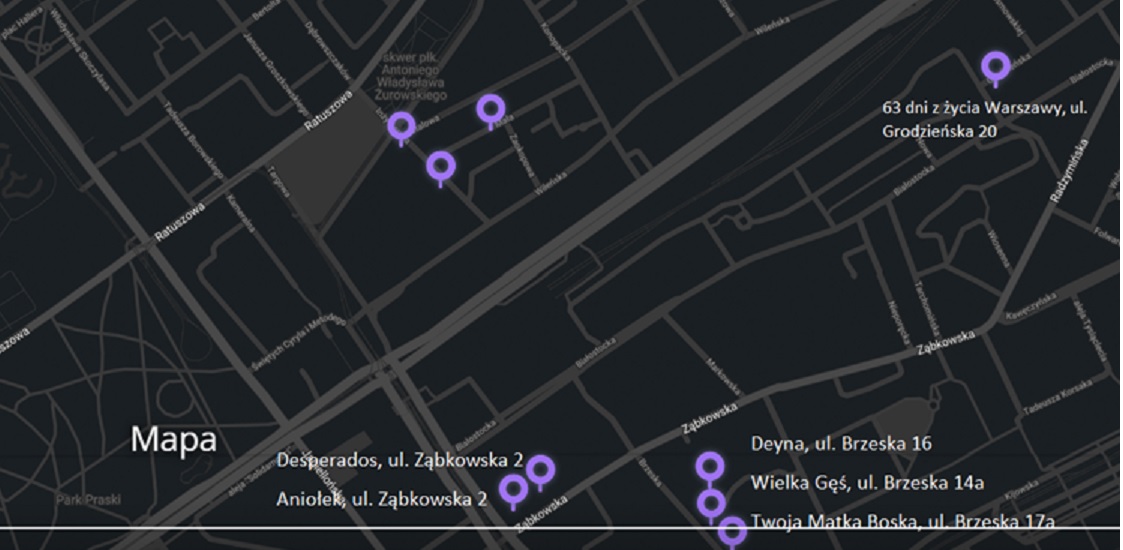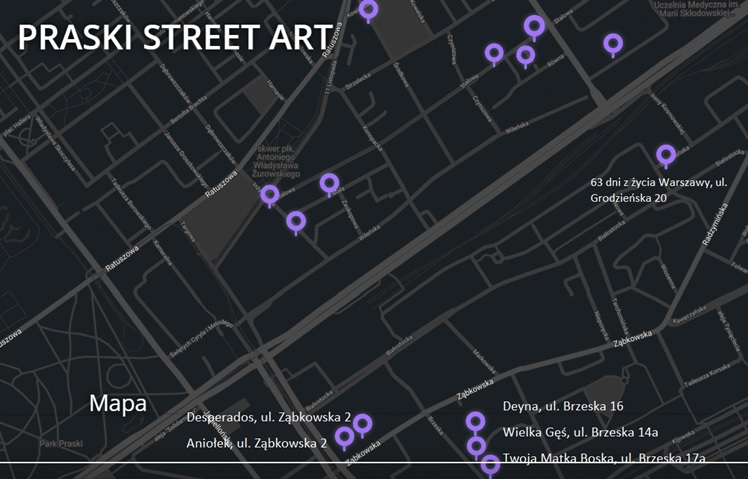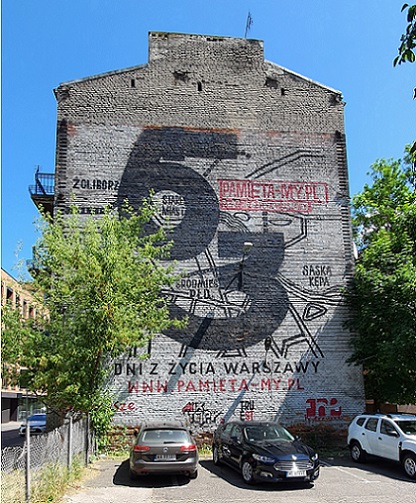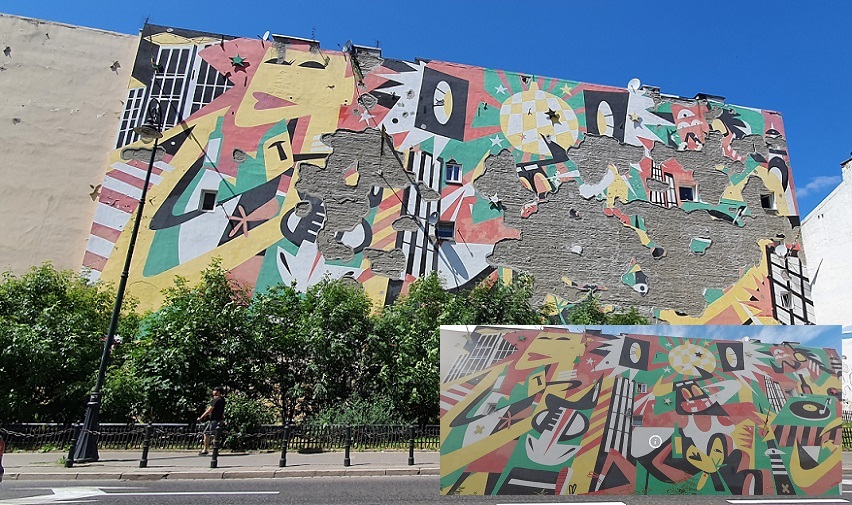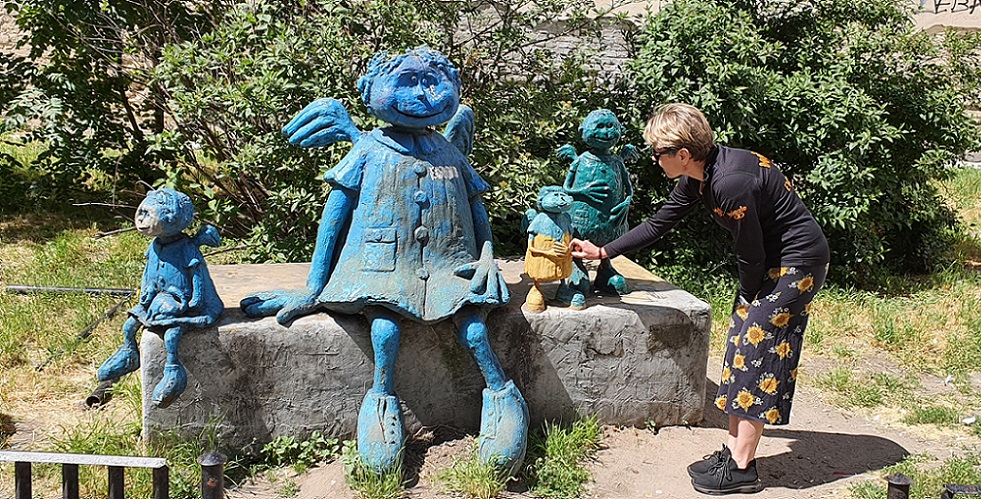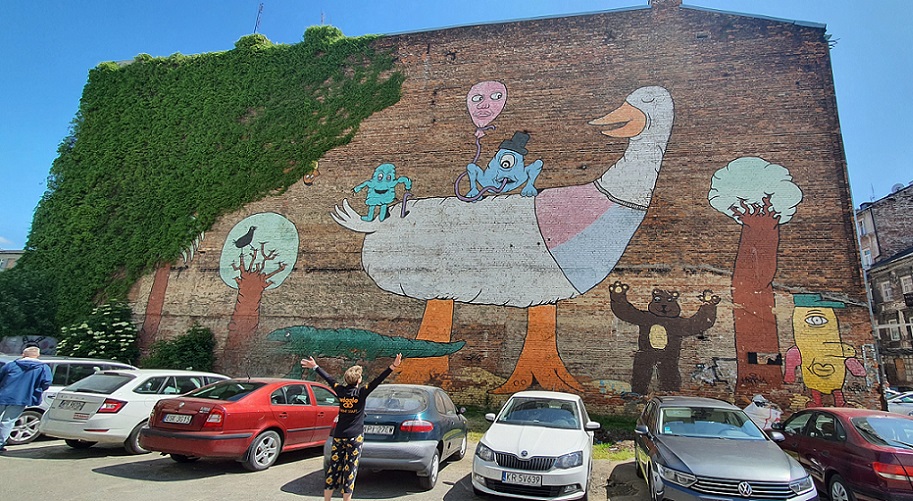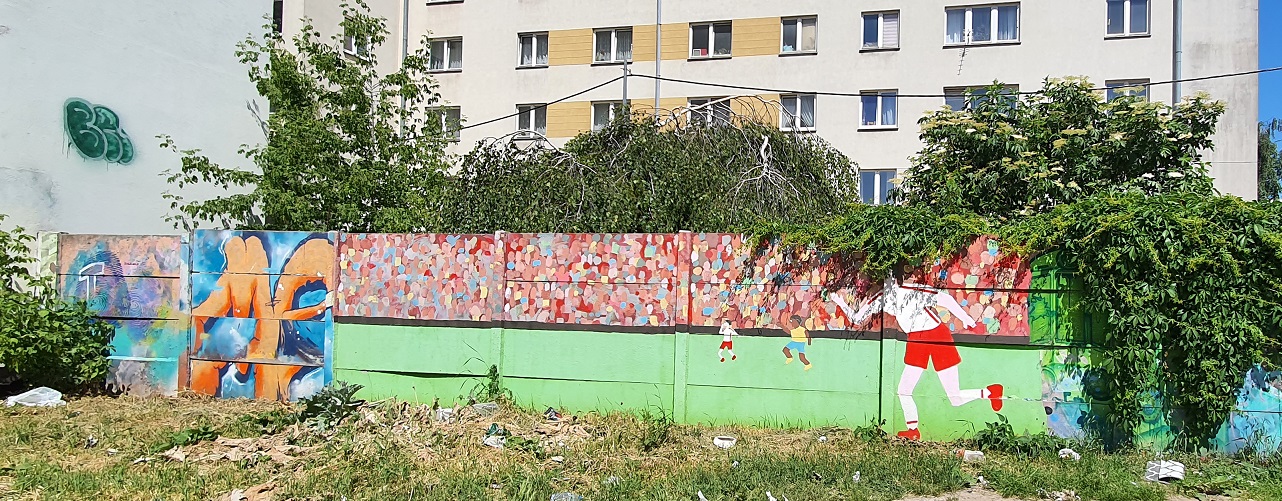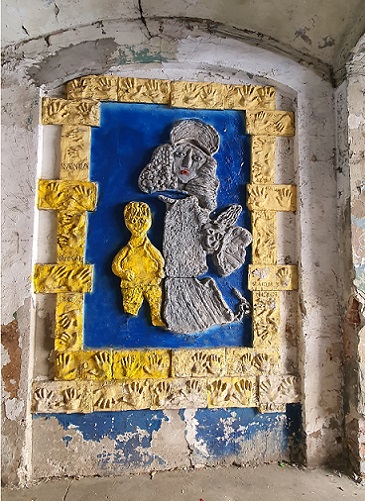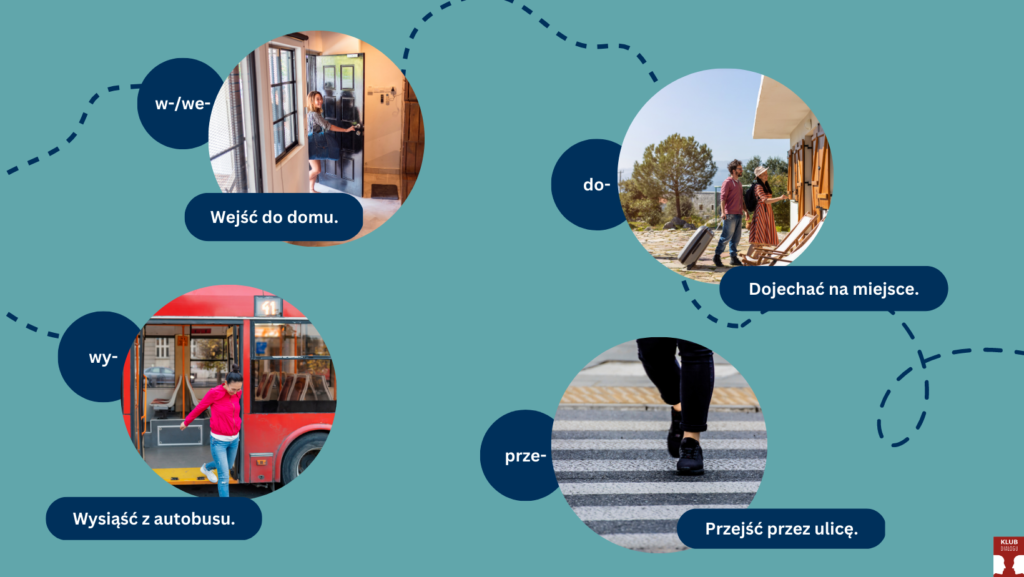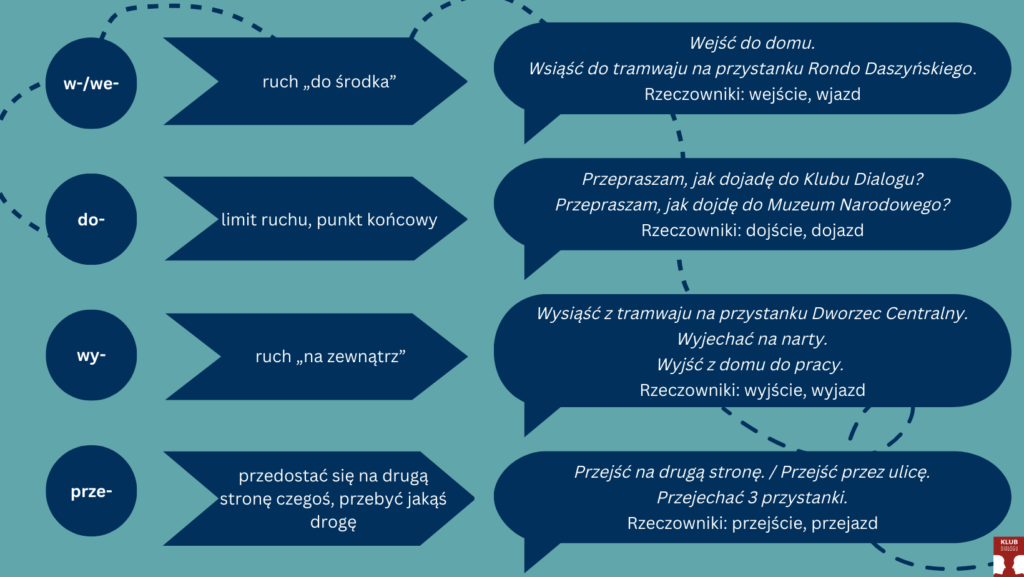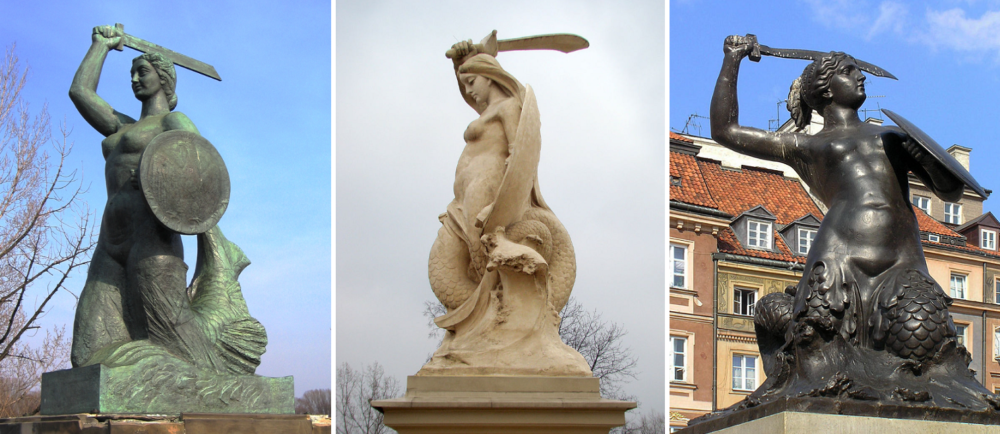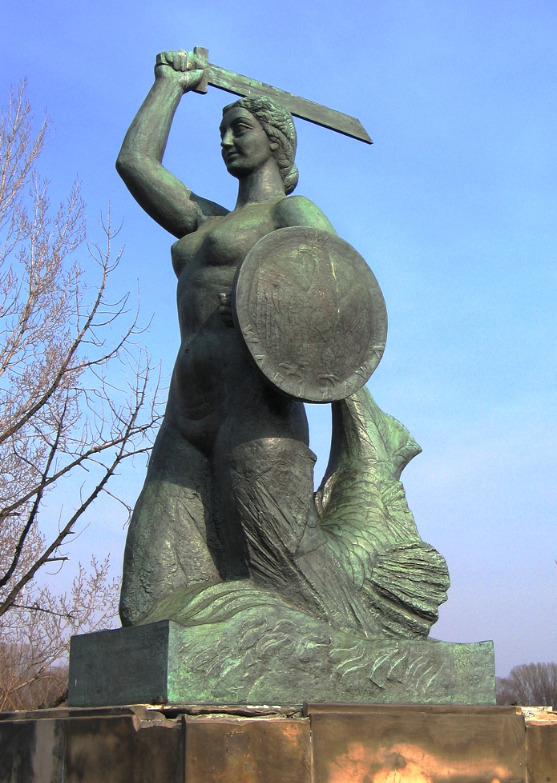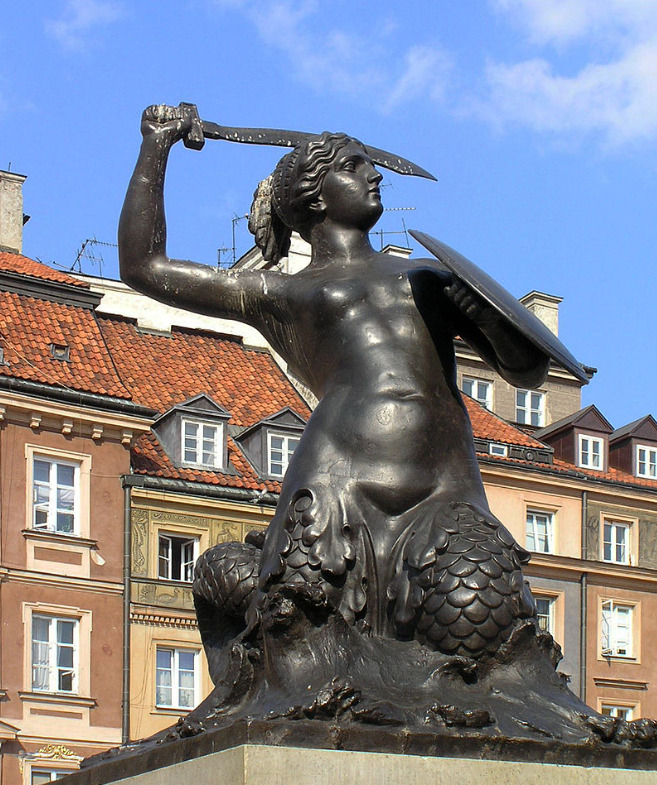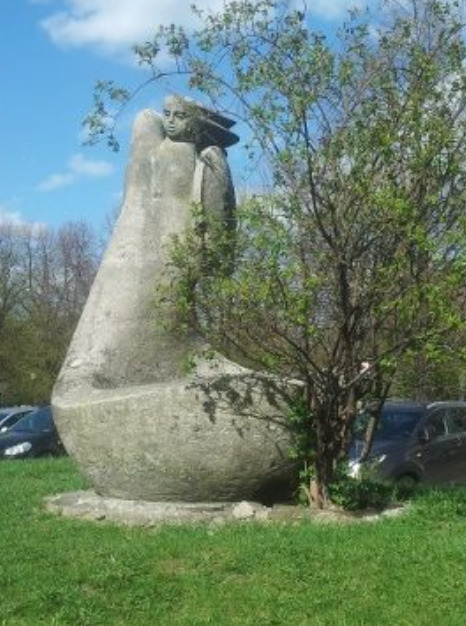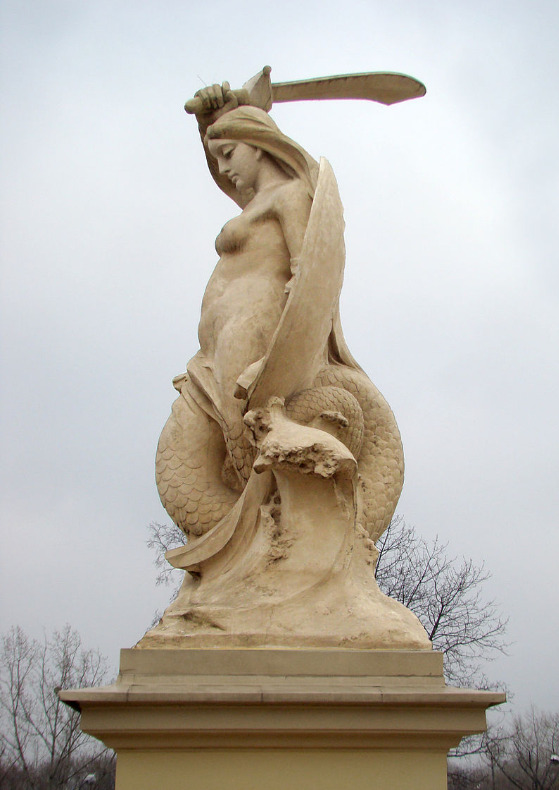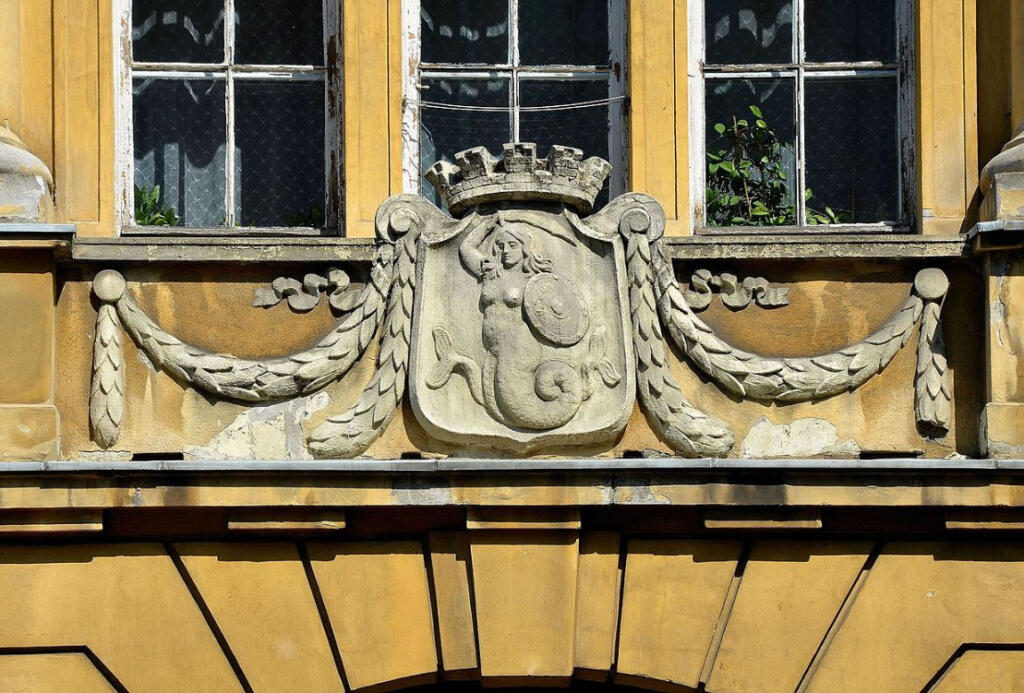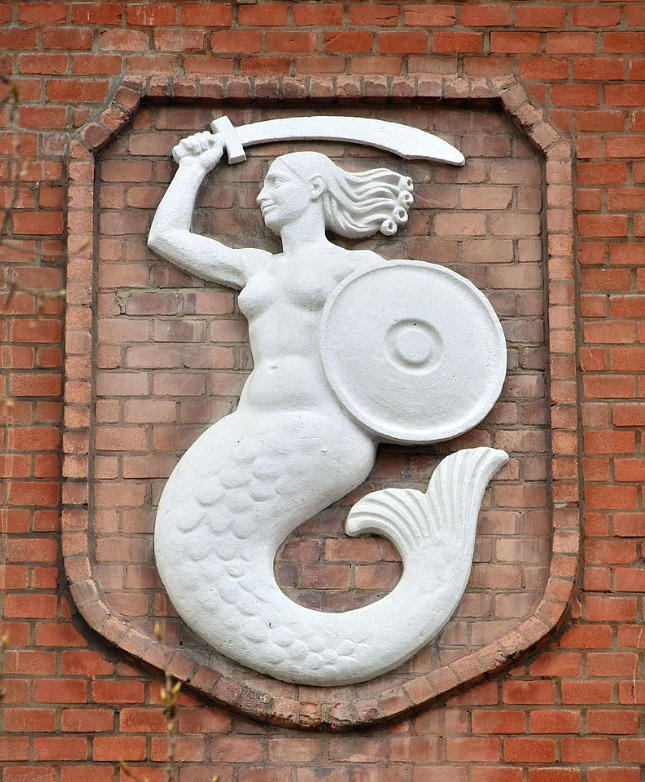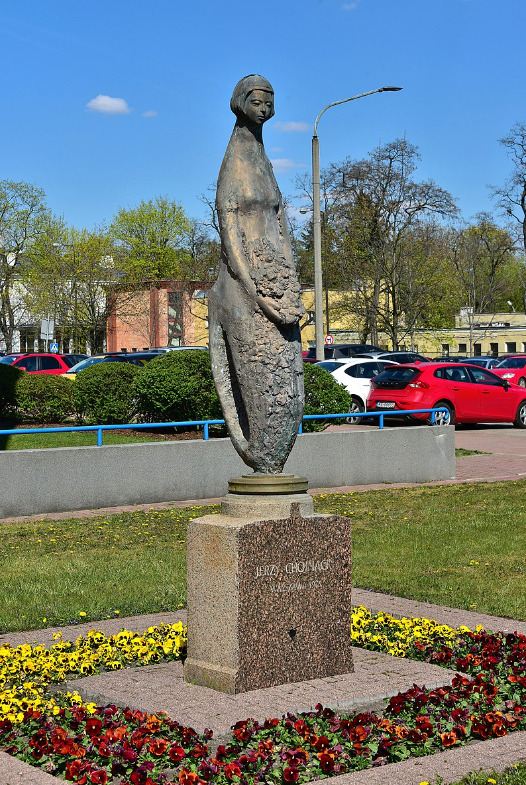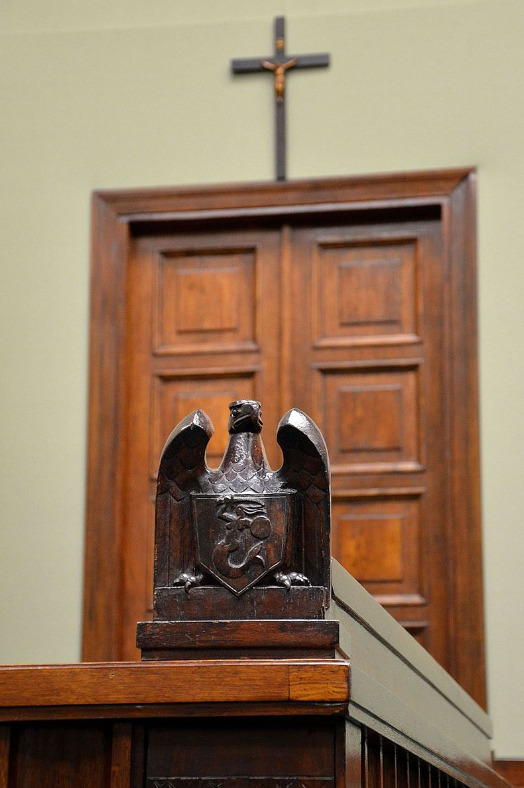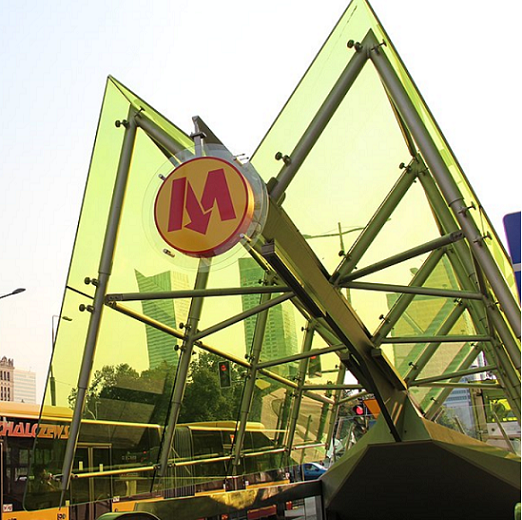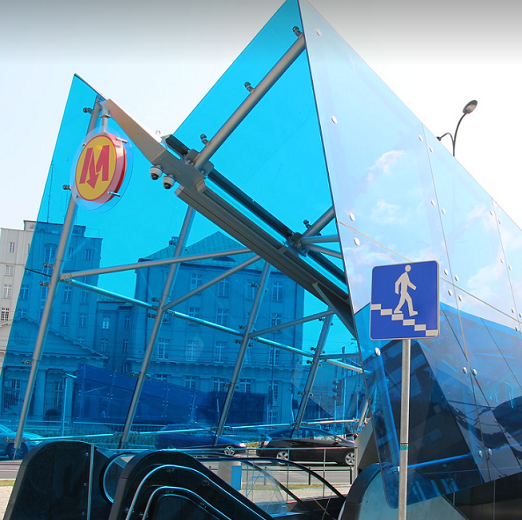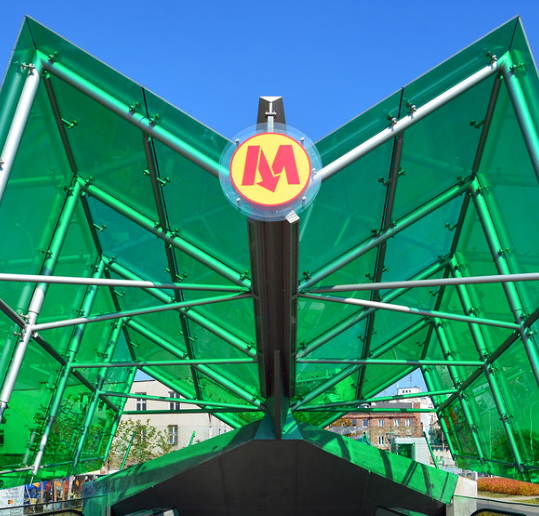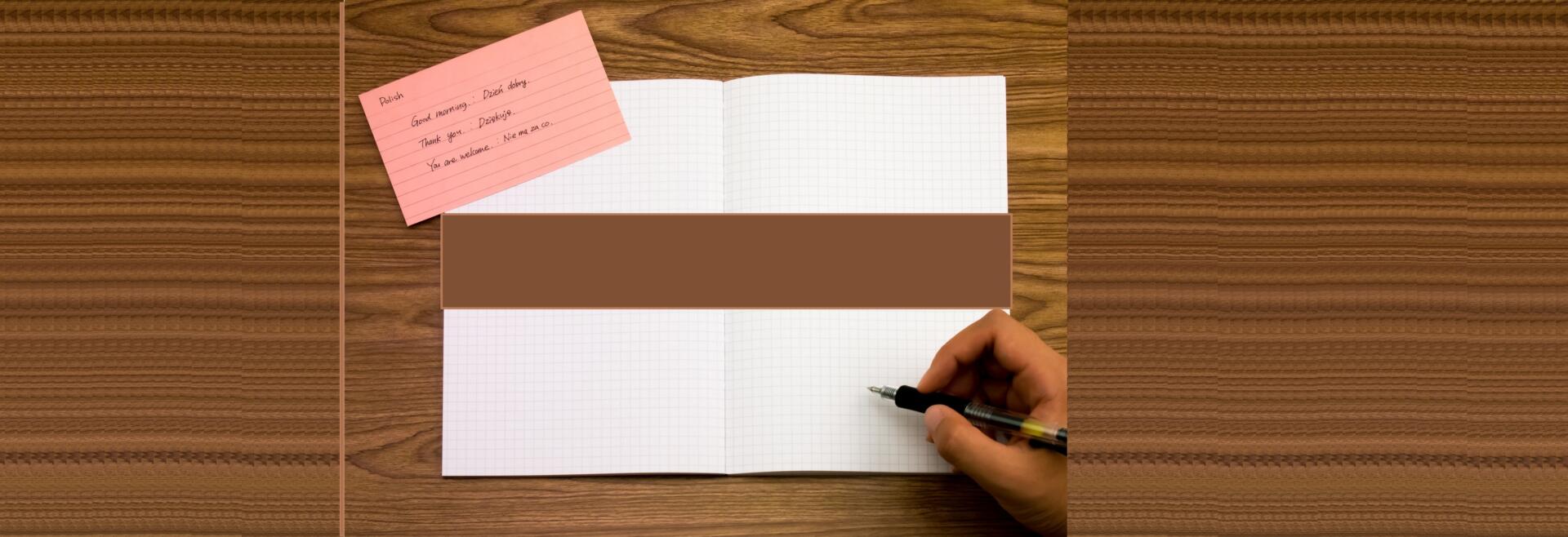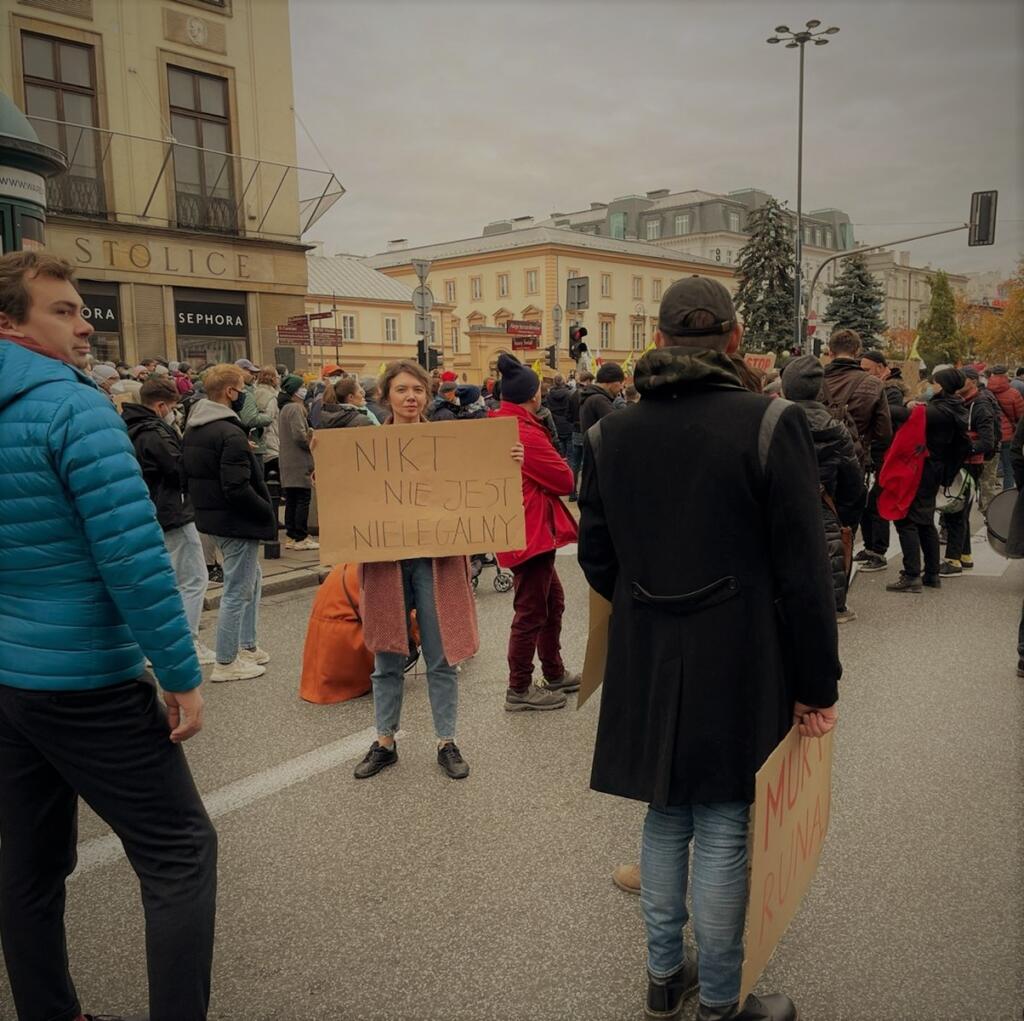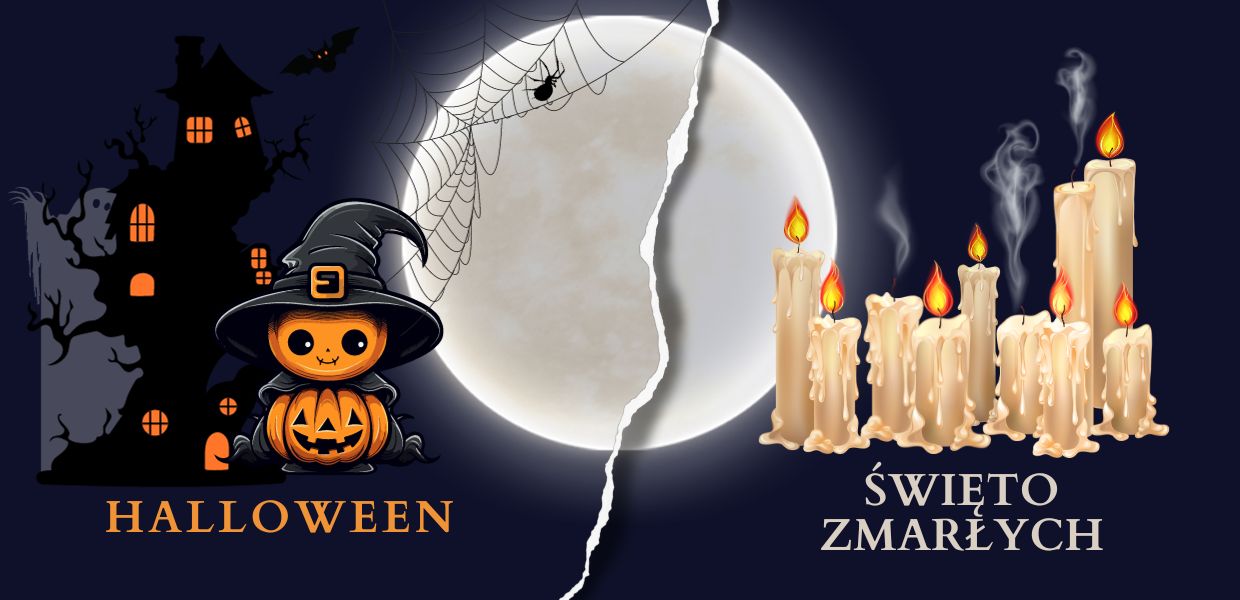
Halloween, or the Day of the Dead?
Halloween or the Feast of the Dead? Is either of the holidays better?
Although Halloween is gaining popularity in Poland, there are still claims that it is a pagan holiday. Not only did it come to us from the US, but it also wants to replace our Polish Day of the Dead. Is this true?
The origins of the Polish Day of the Dead and Halloween are very similar.
Both pagans and early Christians worshipped their dead. In the 14th century, All Saints’ Eve was introduced (in English-speaking countries called “All Hallows’ Eve” – later the name was shortened to Halloween). It was then that the faithful needed to pray for the dead to all the saints. People also needed a holiday to tame their fear of death, cold and long nights.
So can we compare these Holidays?
Nowadays you can see how different these Holidays have gone, although they started out similarly. In the States, or the UK, Halloween is a joyous holiday, full of dressing up, spooky decorations, collecting candy, pranks and parties. In Poland, a quieter tradition has taken hold – we visit the graves of the dead members of our Families, leaving a candle and praying for them.
Therefore, instead of comparing, it is better to have a good time with friends on Halloween, and visit the graves of loved ones the next day. Then no one will feel disadvantaged. In Polish culture, the need to visit cemeteries on the Day of the Dead is so deeply rooted that there is no need to worry that it will be supplanted by Halloween.
2 in 1 – that is, good fun and a time of reflection.
Isn’t it beautiful that in Poland we can have 2 in 1? Even if we return late from a Halloween party on October 31, the next day we will be eager to visit the graves of loved people who have died. After all, the beauty of a lighted cemetery with lots of flowers and that nostalgic atmosphere are unique and worth cultivating.
And what KLUB DIALOGU says about it?
KLUB DIALOGU Polish Language School is a tolerant and open to dialogue school, where students from all over the world learn. That’s why it’s so important to share your traditions and culture with others, but also to draw from other good models. Such an attitude enriches and creates a place that is friendly to everyone. That’s why in our Polish language courses you can feel comfortable and learning is a pleasure.
Sources:
-https://pl.wikipedia.org/wiki/Halloween
-https://dokariery.pl/-/swieto-zmarlych-czy-halloween-




